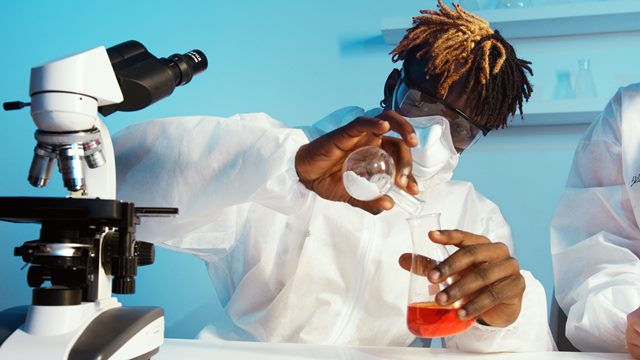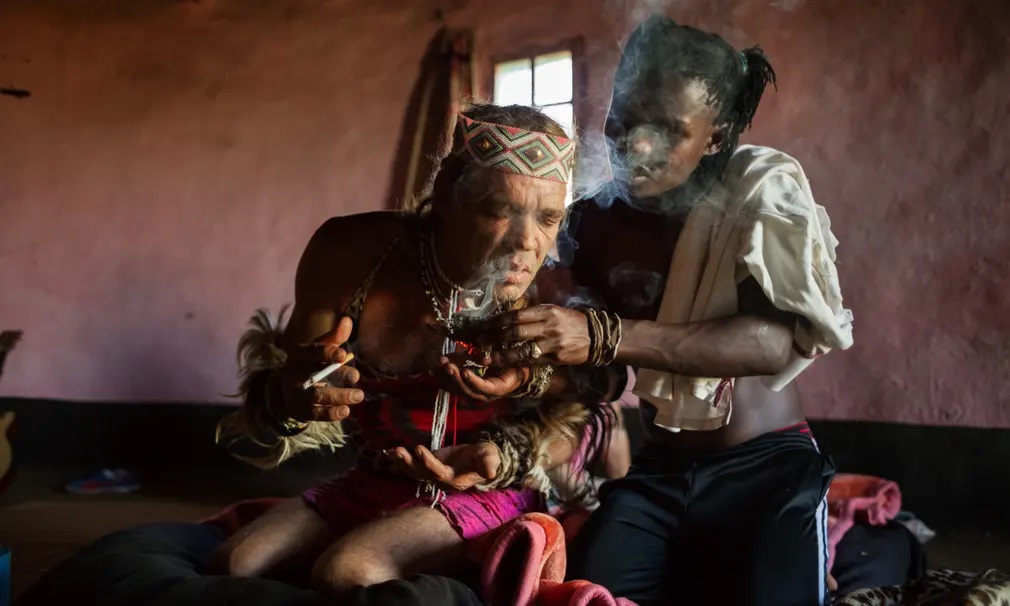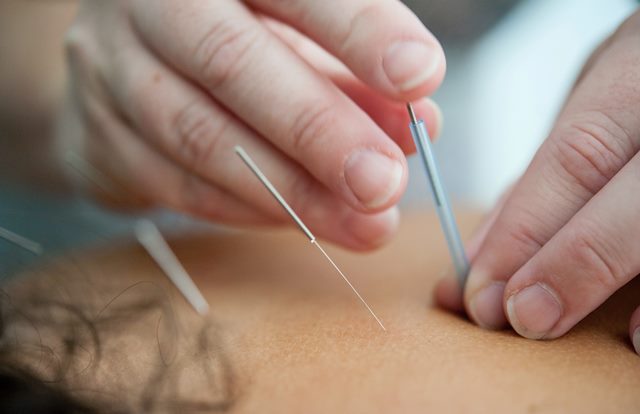Last Updated on May 16, 2023
Medicine has made tremendous progress in the past century. New treatments, technologies, and medicines are being discovered daily. However, as we move forward, we need not forget our roots and the wisdom passed down from our forefathers. Traditional African Medicine has been used for centuries to heal and cure many illnesses. Its importance in modern medicine cannot be overstated.
Indigenous African medicine has been developed and refined through practical experience and passed down from generation to generation. It is a strategic tool for healthcare that focuses not only on physical symptoms but also on the individual’s spiritual, emotional, and mental well-being.

Herbal remedies, spiritual and psychological therapies, massages, and even surgical procedures are all core elements in traditional African medicine.
Interestingly, traditional medicine is still the primary form of healthcare in many parts of Africa, particularly in rural areas where access to modern medical facilities is limited. However, it has also become popular in modern healthcare applications.
For example, African medicine is becoming more widely recognized as a complementary therapy that can be combined with modern medicine to provide a more comprehensive approach to treatment.
Due to its growing importance, this article will evaluate what indigenous African medicine means, its history, and its impact on healthcare today.
Read: What are Natural Remedies for Common Health Issues?
Brief History of Traditional African Medicine
The history of Traditional African Medicine dates back to ancient times, and its origins can be traced to the earliest civilizations in Africa. These ancient medicinal practices have moved from family to family. And generations through generations.
Traditional African Medicine was an integral part of daily life in African communities. It served as the primary form of healthcare for most of the population. The practitioners of traditional African medicine were highly respected members of the community.
They were also responsible for diagnosing and treating various ailments. They used many treatments, including herbal remedies, massages, and spiritual and psychological therapies, to restore balance and harmony in the body, mind, and spirit.
In the 19th century, European colonial powers brought modern medicine to Africa, and traditional African medicine was relegated to the background. However, despite the introduction of modern medicine, traditional African medicine continued to be practiced. This is especially true in rural areas with limited access to modern medical facilities.

Recently, there has been increased recognition of the value of traditional African medicine, and its integration into modern healthcare systems has gained momentum.
The talk has been about traditional African medicine’s holistic approach. This approach treats the whole person rather than just the physical symptoms.
Read: Imhotep: The Real Father of Medicine is African!
The Importance of Traditional African Medicine in Modern Healthcare
One of the key benefits of traditional African medicine is its cost-effectiveness. Many treatments used in traditional African medicine, such as herbal remedies, are easily accessible and inexpensive. This makes them an attractive alternative to expensive modern medical treatments.
Another important aspect of traditional African medicine is its recognition as a complementary therapy. Many modern healthcare practitioners have recognized the value of traditional African medicine and are incorporating its treatments into their practices. This has ushered in a robust approach to healthcare.

Indigenous African Medicine’s importance in modern healthcare cannot be overstated. Its balanced approach, cost-effectiveness, and potency in treating many conditions make it a valuable complementary therapy.
Embedding traditional African medicine into modern healthcare will ensure that the knowledge passed down from our forefathers continues to play an essential role in promoting health and well-being in African communities.
Read: What Preventative Health Care Steps Should You Take?
The Holistic Approach to Healthcare
Holistic healthcare is a type of medical treatment that considers the entire person rather than just the physical symptoms of a disease.
This approach to healthcare recognizes that physical, emotional, mental, and spiritual well-being are interconnected. And that to achieve optimal health, all aspects of a person must be considered.
The holistic approach to healthcare has its roots in ancient healing traditions such as Traditional Chinese Medicine and Traditional African Medicine. These have been used to treat various ailments for thousands of years.
Rather than treating symptoms, the holistic approach to healthcare seeks to address the underlying cause of a person’s health problems. A holistic healthcare practitioner, for example, may examine a person’s diet, stress levels, and sleep patterns to determine the underlying cause of a headache rather than simply prescribing medication.

The mind-body connection is also valued in the holistic approach to healthcare. Many illnesses have been shown to have a psychological component. And the holistic approach seeks to address this by incorporating therapies such as counseling and awareness into the treatment plan.
Furthermore, holistic healthcare recognizes the importance of lifestyle factors in promoting health and well-being. This includes diet, exercise, and stress management.
A holistic healthcare practitioner may work with a person to create a personalized plan for healthy lifestyle habits that can help prevent disease and promote overall health.
Holistic healthcare also combines natural remedies into the treatment plan, such as herbal remedies and acupressure. These treatments are frequently gentle and non-invasive, and they have been shown to be extremely effective in treating various conditions.
Integrating Traditional African Medicine into Modern Healthcare
Herbal remedies have been used in African communities for centuries and have been shown to be highly effective in treating various conditions, such as digestive disorders, respiratory problems, and skin conditions.
African medicine also promotes health and well-being through spiritual and psychological therapies. These therapies include rituals such as dances and traditional healing practices. They also cover divination and sacrifice to treat mental health issues and promote overall health.

Traditional medicine also values the mind-body connection and incorporates massages and other physical therapies into the treatment plan.
For example, traditional African massage, also known as “jinnabath,” promotes relaxation and relieves stress. Herbal remedies, such as lavender oil, are used in this massage technique to soothe the skin and improve circulation.
Due to the increase in mental and physical-related health concerns, treatment methods that strike a balance between this two are becoming highly preferred.
As such, many modern healthcare practitioners are recognizing the value and application of traditional African medicine.
Alternative Form of Treatment in Modern Medicine
Alternative forms of treatment are healthcare methods that are not commonly used in conventional medicine. These treatments are often used with conventional medicine or as a standalone approach.
One of the most well-known alternative forms of treatment is acupuncture.
It is a form of traditional Chinese medicine in which thin needles are inserted into specific points on the body to stimulate the body’s natural healing abilities.

Acupuncture has been shown to be effective in treating multiple conditions, including chronic pain, anxiety, and insomnia.
Another popular alternative form of treatment is chiropractic care. Chiropractic care is based on the idea that the nervous system controls the body and that spinal misalignments can cause health problems.
Chiropractors use manual adjustments to restore proper alignment, improve mobility, and relieve pain.

Another benefit of alternative forms of treatment is their ability to address the root cause of a person’s health problems.
For example, chiropractic treatment focuses on correcting the spine’s alignment and restoring normal nervous system function. This can help reduce pain and improve overall health.
Alternative forms of treatment are also becoming more widely accepted and are increasingly being incorporated into conventional healthcare systems. This is particularly true for traditional and complementary therapies, such as acupuncture and herbal medicine.
As the years go by, scientists expect the adoption of traditional African medicine and alternative treatment in western healthcare to increase.
While there are still gray areas in some indigenous medicinal applications, many individuals still seek these methods due to their proven efficacy for thousands of years.
Every year on August 31, African Traditional Medicines Day is observed to raise awareness of the importance and impact of traditional medicines.
Before you go…
Hey, thank you for reading this blog to the end. I hope it was helpful. Let me tell you a little bit about Nicholas Idoko Technologies. We help businesses and companies build an online presence by developing web, mobile, desktop, and blockchain applications.
We also help aspiring software developers and programmers learn the skills they need to have a successful career. Take your first step to becoming a programming boss by joining our Learn To Code academy today!











